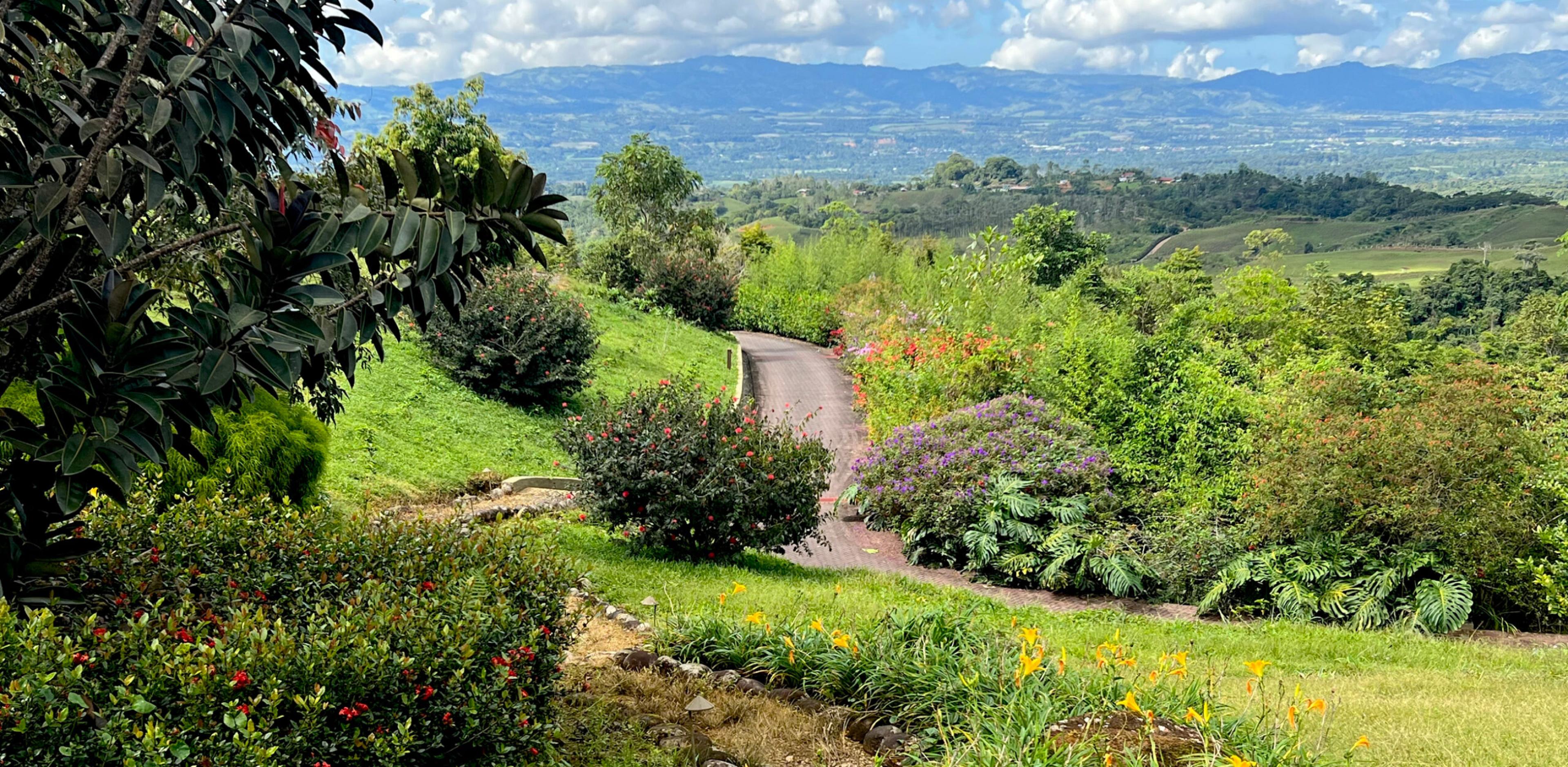Join/
Melissa's Travels
Bhutan: Five To Know
On a recent trip to Bhutan, Indagare founder Melissa Biggs Bradley was utterly entranced by the beauty and serenity of the country, which seems to teeter between medieval, mythological and modern times. Here she shares five reasons to visit Bhutan now.
1. It is as close to a fairyland as you can imagine.
Referred to by its own people as the Land of the Thunder Dragon, Bhutan was founded by a Buddhist master in the 17th century. On my recent journey there, I saw houses painted with giant phalluses to ward away evil spirits, attended a fertility ceremony conducted by monks in the Temple of the Divine Madman and was blessed by a twelve-year-old monk who was the thirty-seventh reincarnation of a lama. Where else in the world are there national holidays like the Blessed Rainy, which celebrates the end of the monsoon with all-day archery contests, and the Naked Monk Festival, occurring later in the fall, when monks dance in the altogether. Tigers—and, locals believe, yeti—roam its forests. The current queen plays basketball with her ladies in waiting, and the previous king’s love of mountain biking spawned a holiday dedicated to the sport called the Tour of the Dragon. After a few days of climbing to mountaintop monasteries and temples (one on the site where Guru Rimpoche is said to have landed on the back of a flying tigress) and listening to the country’s legends, I would not have been surprised to meet a unicorn or dragon.
2. It’s the last authentic place on earth.
Journalists and officials have argued that nothing is done here for the sake of tourism, and the government limits tourists to minimize their impact. It also regulates the experience by requiring local guides to accompany tourists at all times. Since local guides have an inherent respect for their own culture, they serve as wonderful ambassadors as well as protectors. In fact, tourists are rarely seen outside major sites, which makes it easier to have meaningful exchanges with the inhabitants. For instance, we were able to walk into a farmhouse unannounced with our guide, join the morning chanting services at a monastery, talk with a member of parliament and meet with an eleventh-generation Tibetan healer. All of these experiences were possible because tourism can be intimate when it is on a tiny scale. However, every time such interactions take place, they become more commercial and lose some of their innocence and authenticity.
3. Buddhism is a way of life.
As a Buddhist kingdom that has followed this way of life for centuries, Bhutan attracts many who come seeking enlightenment and healing and to learn meditation. For these visitors, the country offers monasteries and temples, as well as reincarnated holy men, who have had to pass tests to prove that they are older souls. The most recent incarnation of the country’s Buddhist traditions may be its focus on Gross National Happiness. As Kinley Dorji, the head of Bhutan’s Ministry of Information and Communication, explains it, “Happiness is an individual pursuit. Gross National Happiness then becomes a responsibility of the state, to create an environment where citizens can pursue happiness. It’s not a guarantee of happiness by the government. It’s not a promise of happiness. But there is a responsibility to create the conditions for happiness.” And in such a place, it is not surprising that even tourists feel infused with a sense of peace and well-being.
4. Can Shangri-La last?
Bhutan is in the midst of shifting from a Buddhist Kingdom to a modern democracy. The ban on television was lifted only in 1999, and there is just one traffic light in the country. Because it was cut off from the West and modern ways until recently, the country radiates a remarkable innocence. The previous king, who is known as K4, bestowed democracy on his people in 2006, and the elected government is now finding its way without ever having had a revolution or being a colony. Although the current king, Jigme Khesar Namgyel Wangchuck, K4’s eldest son, and the parliament clearly want to balance their respect for the culture with the population’s hunger for growth and economic opportunity, it remains to be seen whether that is possible. The country recently allowed Google to broadcast street views in hopes that foreigners can learn about Bhutan without visiting, but already foreign influences have led young Bhutanese to prefer Western dress and music to traditional forms.
5. Its Himalayan beauty is staggering.
We hiked by rice paddies, past rushing streams, along forest trails and through fields of wildflowers. Many trails led to remote temples or monasteries, with none more rewarding than Tiger’s Nest, the cliff-clinging temple that requires a few hours’ hike. With such stupendous wild and manmade beauty, Bhutan is truly a nature lover’s paradise.
Traveler’s Tip
Those considering a trip to the Buddhist Kingdom of Bhutan would do well to embrace some Buddhist principles. To see much of the country requires traveling on winding mountain roads, where mudslides and construction make the journey treacherous and at times terrifying. So accepting that all life involves suffering, as the Buddhist teach, enables you to endure these long drives with more grace.
Contact our Bookings Team to join our Indagare Insider Trip to Bhutan next fall or for help planning an independent trip.
Plan Your Trip With Us
We only feature hotels that we can vouch for first-hand. At many of them, Indagare members receive special amenities.
Get In Touch


